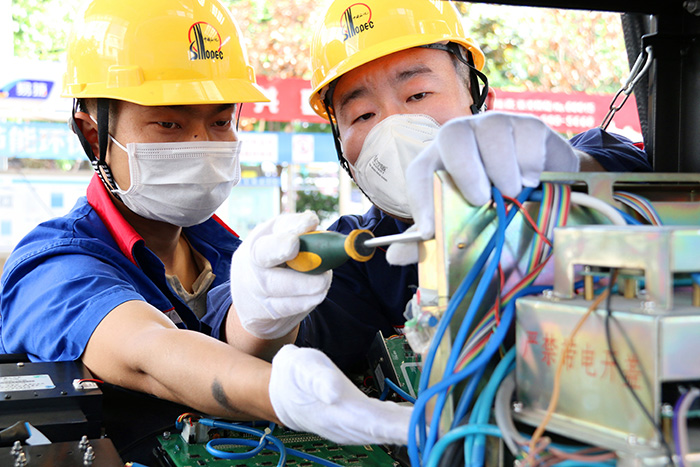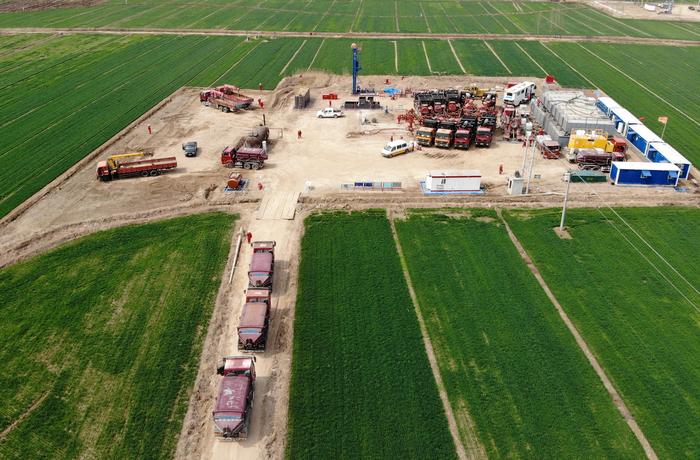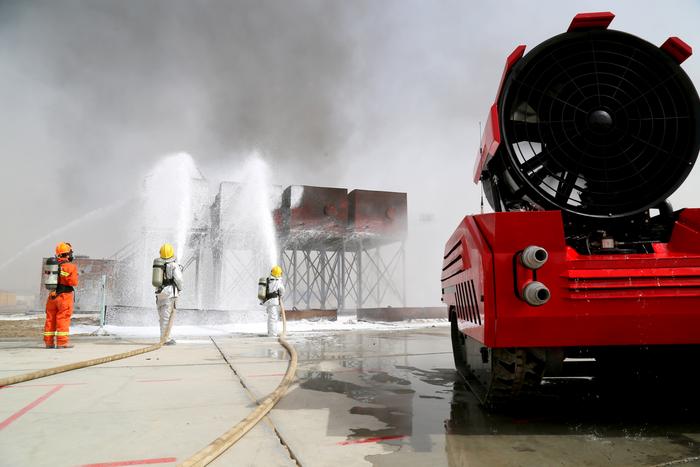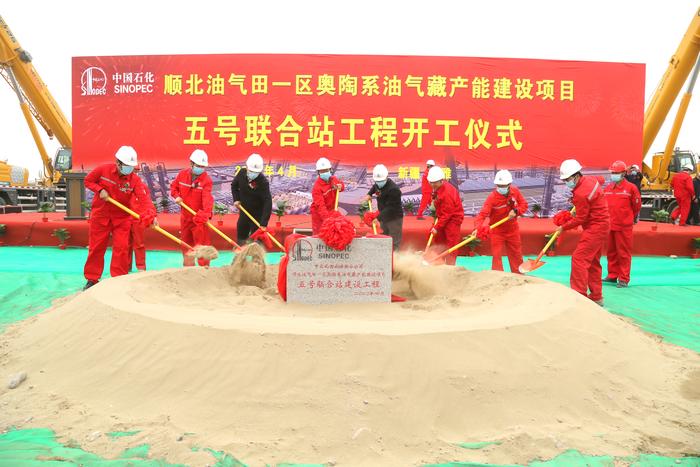|
| 2020-05-06 来源: 中国石化新闻网 |
| 石化新闻 |
中国石化新闻网讯 据油气新闻网站5月5日报道 领先的数据和分析公司GlobalData表示,社交距离正直接影响全球旅游、物流和物资处理,并可能在石油和天然气供应链上造成缺口,需要一段时间才能修复。 该公司的报告《案例研究:对石油和天然气供应链的影响》指出,随着各国试图遏制疫情传播,全球贸易和运输实际上已经停止,工业活动也急剧下降。 GlobalData的石油和天然气分析师Ravindra Puranik评论道:“这场前所未有的灾难正在破坏全球石油和天然气需求,并扰乱整个生态系统。生产商、设备和服务提供商、工程采购和施工(EPC)承包商、储运公司、车队运营商、贸易商和营销商的日常活动现在要么被推迟,要么被取消。” 国际能源署(IEA)预计,2020年4月COVID-19的石油需求将下降至2900万桶/日,2020年第二季度为2310万桶/日。尽管欧佩克+成员国已同意减产970万桶/日,以抵消需求放缓的影响,但只要疫情继续存在,供应可能在不久的将来超过需求。 Puranik补充道:“需求的缺乏对油气存储造成了压力,目前油气存储正逐渐接近满负荷。因此,石油生产商和贸易商将油轮作为浮式储油船,从而导致油轮租船费率飙升。” “此外,为遏制疫情而引入的监管措施限制了劳动力的可用性,并影响了油气设施和进出口终端的吞吐量。工厂关闭也影响了设备供应,从而导致整个价值链的项目延误和延期。” 王磊 摘译自 油气新闻 原文如下: Covid-19 disrupts oil and gas supply chains Social distancing is directly affecting global travel, logistics and material handling, as well as potentially creating gaps along the oil and gas supply chain that will take some time to fix, says GlobalData, a leading data and analytics company. The company’s report, ‘Coronavirus (COVID-19) Case Study: Impact on Oil & Gas Supply Chain’, notes that global trade and transportation have virtually come to a halt as countries attempt to contain the spread of COVID-19. Industrial activity has also plummeted. Ravindra Puranik, Oil & Gas Analyst at GlobalData, comments: “This unprecedented catastrophe is destroying global oil and gas demand and unsettling the entire ecosystem. Daily activities of producers, equipment and service providers, engineering procurement and construction (EPC) contractors, storage and transportation companies, fleet operators, traders and marketers are now either delayed or canceled.” The International Energy Agency (IEA) anticipates the fall in oil demand from COVID-19 to be 29 million barrels per day (bpd) for April 2020 and 23.1 million bpd for Q2 2020. Although Opec+ members have agreed to cut 9.7 million bpd of their output to offset the demand slowdown, supply is likely to be in excess of the demand in the near future as long as the disease persists. Puranik adds: “Lack of demand is weighing on liquid storage, which is now edging towards full capacity. Consequently, oil producers and traders are turning to oil tankers as floating storage, thus leading to a surge in tanker chartering rates. “Moreover, regulatory constraints introduced for containing COVID-19 are limiting workforce availability and affecting throughput at oil and gas facilities and import-export terminals alike. Factory closures are also affecting equipment supply and resulting in project delays and postponements across the value chain.” |








